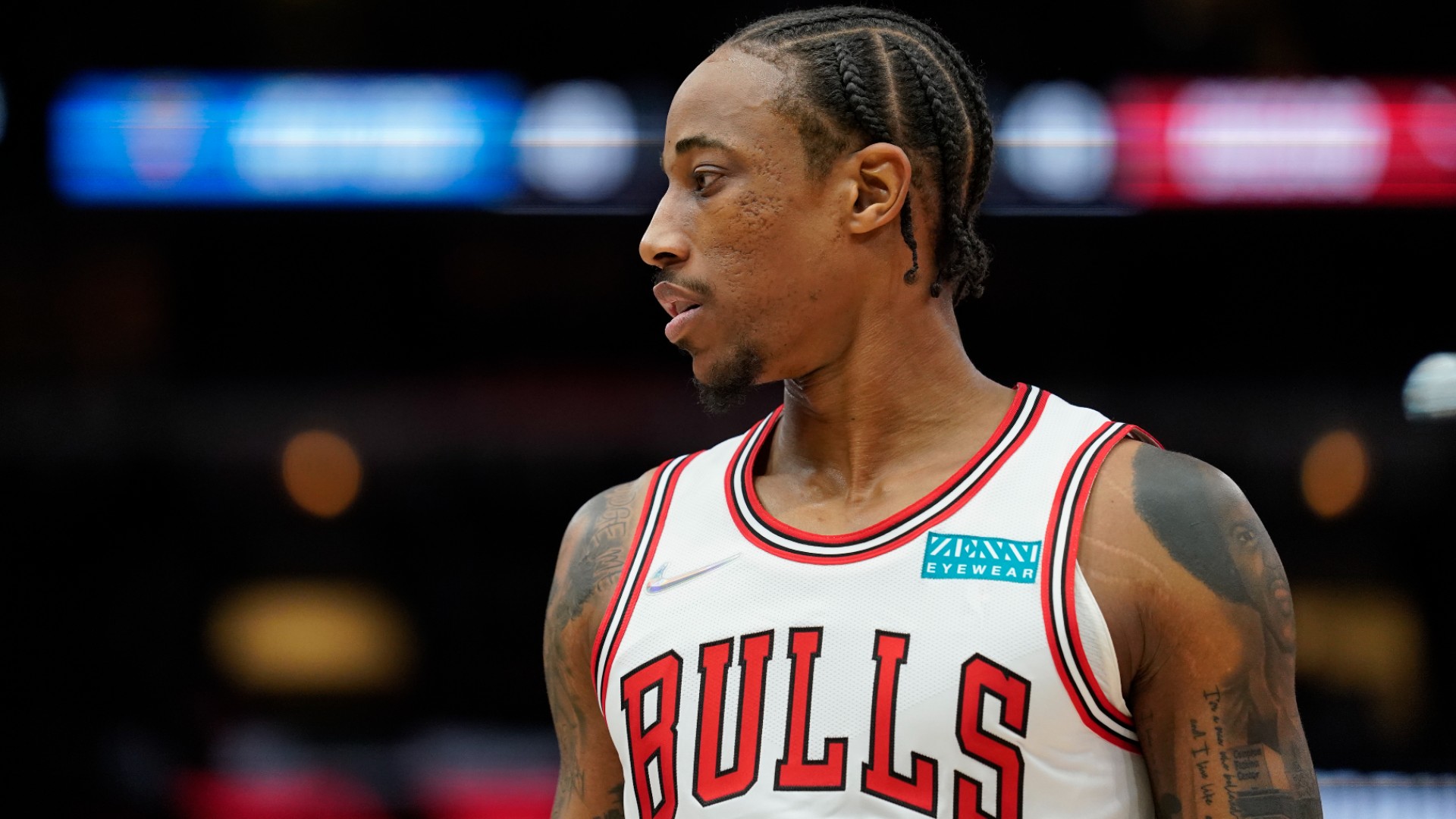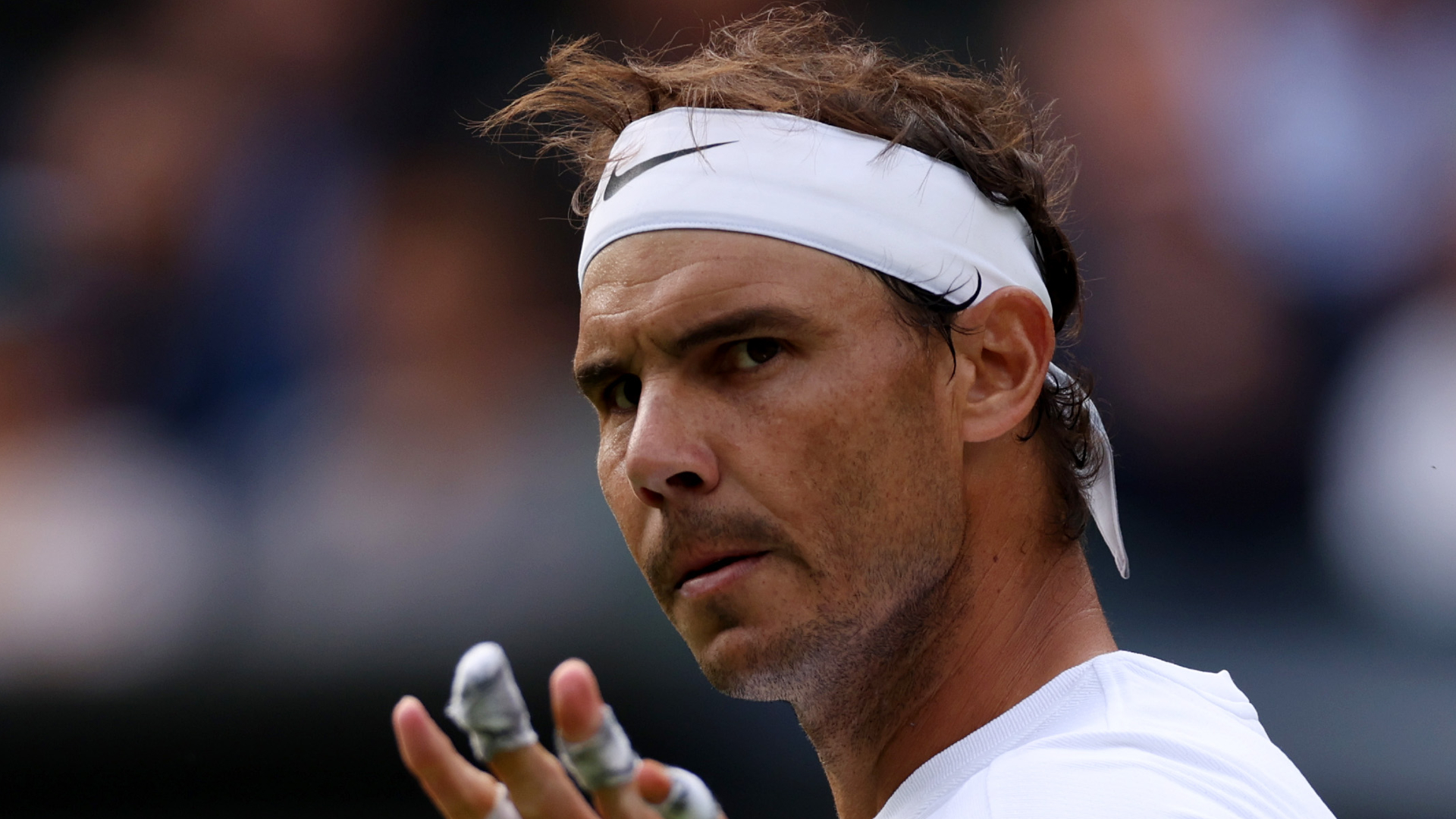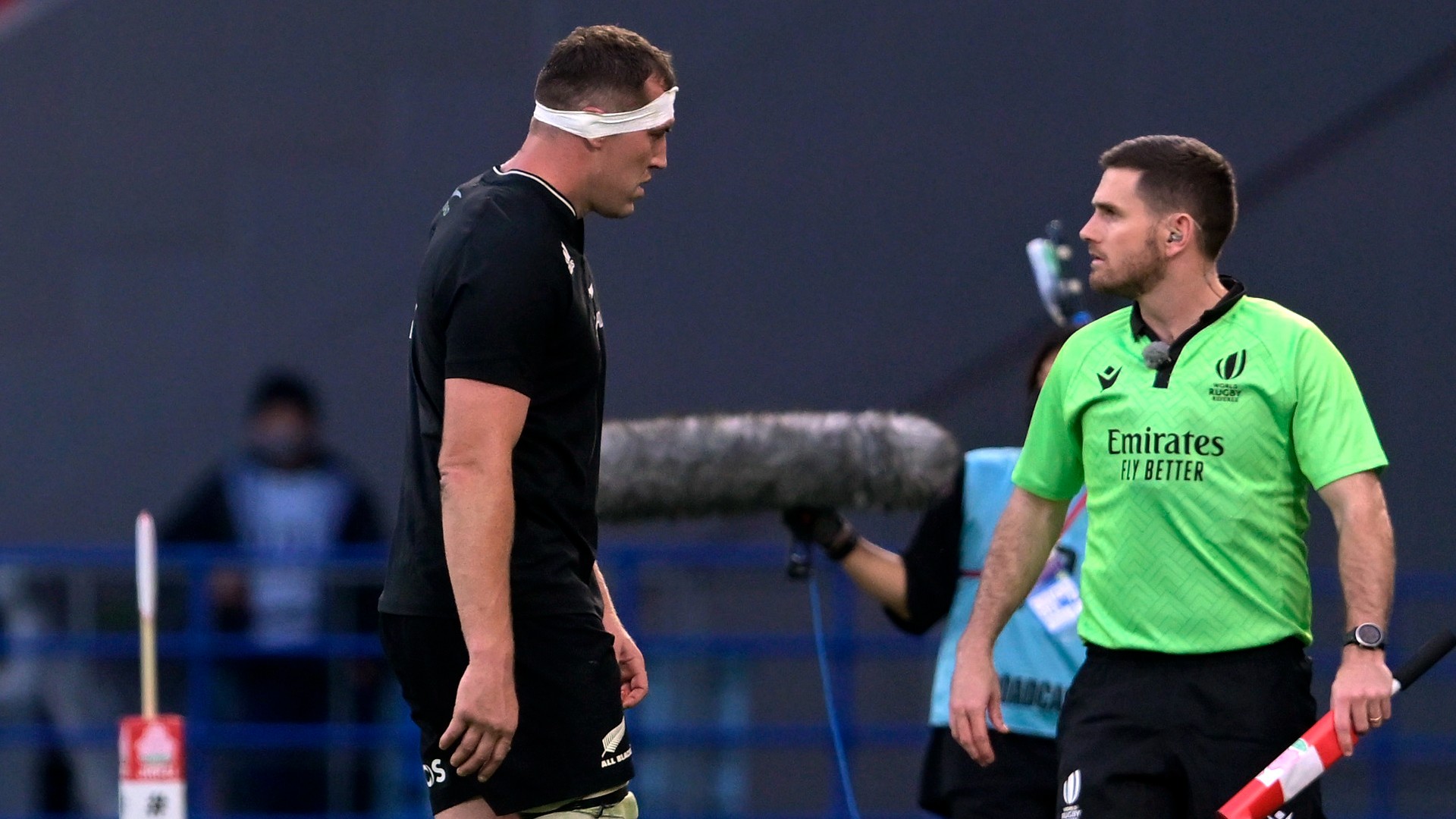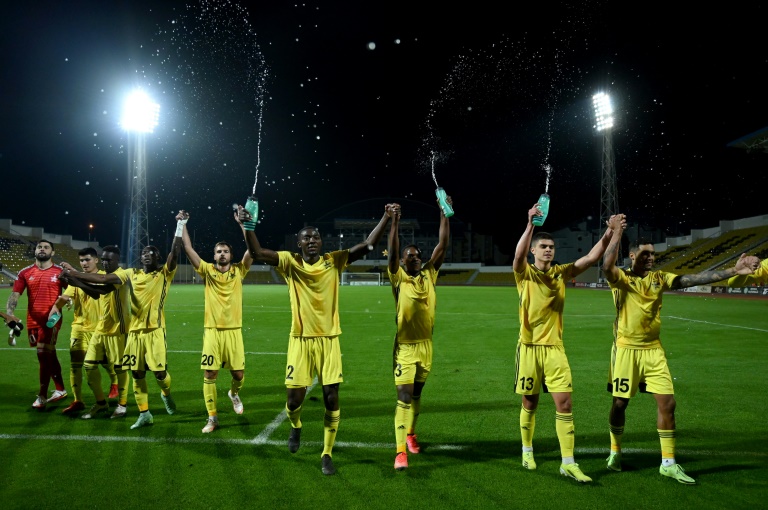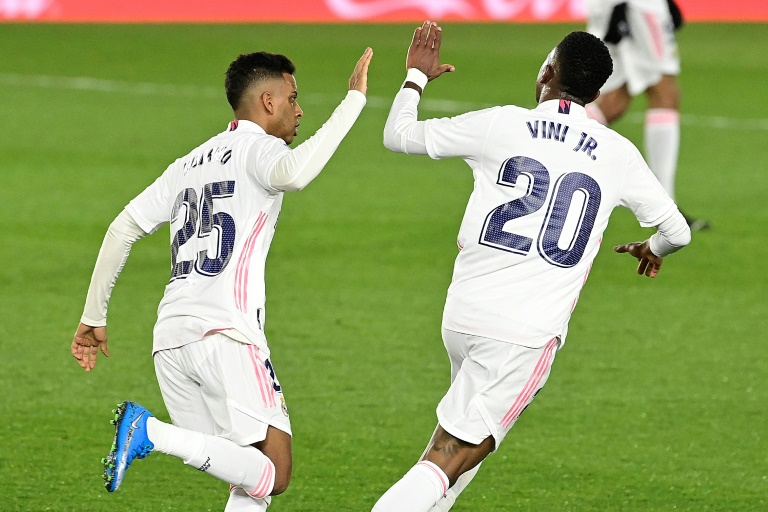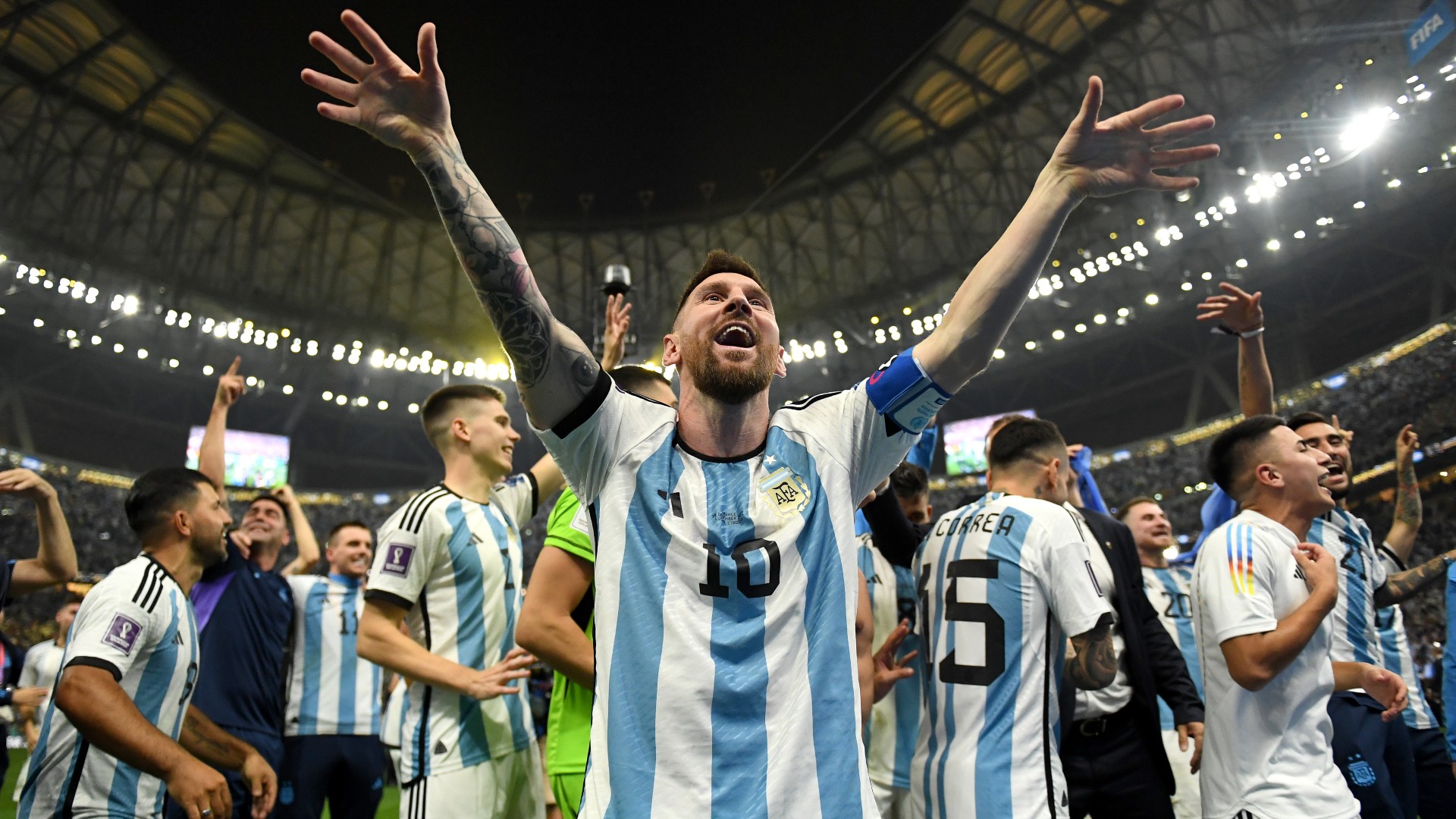
Many thought Lionel Messi’s World Cup hopes had evaporated in the Kazan sun four and a half years ago when Argentina were beaten 4-3 by France in the quarter-finals of Russia 2018.
Qatar 2022 brought the possibility for revenge, but again those chances looked to be vanishing as a Kylian Mbappe-inspired France simply refused to go away in Sunday’s utterly enthralling final, which ended 3-3 after extra time.
But with Emiliano Martinez doing the business in a penalty shoot-out for the Albiceleste, Argentina would not let the most elusive of opportunities slip from Messi’s grasp again.
As the story goes, he still has sleepless nights because of the 2014 final defeat to Germany; those nightmares will be overwritten with the 2022 final replaying in his dreams for the rest of his life.
After all, for Messi, everything came down to this.
He reiterated this week that Sunday’s showpiece would be his last World Cup game. Everyone assumed that would be the case anyway, but the final confirmation only served to increase the anticipation.
This was essentially France against the world. There has arguably never been a World Cup final more one-sided in terms of support, and it was all because of one player.
For years the debate over the ‘greatest of all time’, or ‘the GOAT’, has swirled around Messi. While the majority have not needed any further convincing of his entitlement to such a status, there have always been dissenters.
Messi’s detractors pointed to one caveat: a lack of success with Argentina. Technically, that was accounted for last year with Copa America glory, but for him to definitively silence the most stubborn of doubters, he would need to match Diego Maradona and win the World Cup.
Even before Argentina and Les Bleus served up their feast at the massive golden bowl of Lusail, there had been countless signs that something was different about Messi this time.
There has been an anger, a vengeance to his performances and aura in Qatar. From ice-cold goal celebrations to embracing – leading, even – the needle in the quarter-final shoot-out win over the Netherlands, Messi has looked like a man possessed by in the pursuit of one final ambition.
He very much picked up where he left off against Croatia here. The first 20 minutes went almost as well as it could have, Messi at the centre of practically everything.
France looked petrified in the face of Argentina’s intensity, their aggression; the Albiceleste seemed to relish the expectation on their shoulders.
Les Bleus routinely conceded possession in their own half, inviting pressure and, ultimately, a goal. Angel Di Maria skinned Ousmane Dembele easily and then lured him into a clumsy foul in the box.
The wait for Messi to take the kick felt like an age, but he dispatched it with the nonchalance of a man who already knew his destiny.
It was a just reward for Argentina’s ferocious start, and more was to come in the form of an instant all-time classic World Cup final goal.
Again, Messi was crucial. His improbable flick after receiving a tricky pass was devilishly effective. Releasing Julian Alvarez into the France half on the counter, the striker had the awareness to feed Alexis Mac Allister and his perfectly weighted pass into the box left Di Maria with an easy finish.
It capped off a first-half performance that left Didier Deschamps utterly shellshocked, with the France coach’s double withdrawal before half-time a first for a World Cup final.
But Argentina shrunk after the break and their plan to sit on a 2-0 lead proved ill-conceived. France did not initially threaten, but once they did, Lionel Scaloni’s men were suddenly in a sorry state – oh, how the tables turned.
Mbappe slammed home one penalty, and just 97 seconds later found the net again – a clinical finish after a clever one-two with Marcus Thuram. It was Messi who yielded possession in the build-up to what had only five minutes earlier looked an impossible equaliser.
While Mbappe had gone from 0-100 in the blink of an eye, Argentina’s captain suddenly looked exhausted, physically and emotionally. It was slipping through his fingers in the most excruciating way.
And yet, even in the face of the newly inspired Mbappe, Messi stood out as the man most likely to deliver the telling blow.
Indeed, Argentina thought Messi had won it when he tapped in after Hugo Lloris failed to hold Lautaro Martinez’s strike in the second half of extra time.
But back came France. Again. Another Mbappe penalty brought despair to the Argentina team, bench and crowd. A shoot-out beckoned, and even then only after Emiliano Martinez had saved brilliantly from Randal Kolo Muani at the death.
And so it was that the most outrageous of World Cup finals was going all the way; Messi’s last tango was going to be as agonisingly intense as possible.
Mbappe stepped up first and scored, of course, but Messi matched that with a penalty so cool-headed that his team-mates must surely have drawn inspiration from it.
Emiliano Martinez’s save from Kingsley Coman and Aurelien Tchouameni’s woeful miss proved decisive. Argentina cried; France stood in shock having come so close to their own seismic moment in history, fighting back twice in defence of their title, only to leave with nothing.
But this was all about Messi. The greatest player of all time finally got his chance to lift the most coveted prize in football, the one trophy his greatness demanded. Argentina flocked to him, barely a dry eye in the stadium.
“Messi! Messi! Messi!” fans sang at full-time as the huge crowd in Lusail revelled in the gravity of what they had just witnessed.
This was what World Cup finals are supposed to be like, but in virtually every way there will probably never be another like this.
It was the football equivalent of man setting foot on the moon for the first time; in future years people will reminisce over where they were when Messi won the World Cup, and the sheer lunacy of the game will only add to what was already a captivating tale.
At long last, Messi took his own giant leap, finally conquering his final frontier.




